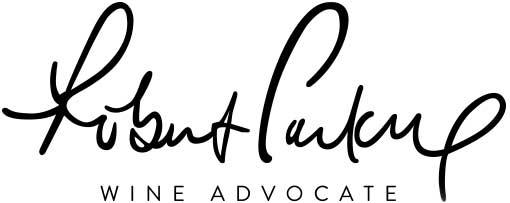
Mein Winzer
Castell d’Encus
Raül Bobet, ebenfalls Winemaker des Priorat-Weingutes Ferrer Bobet, war auf der Suche nach einem geeigneten Terroir, um den Auswirkungen des Klimawandels ausweichen zu können. Im Jahr 2001 fand er mit dem ehemaligen Kloster Castell d’Encus auf rund 1.000 Metern Höhe genau den richtigen Ort.




